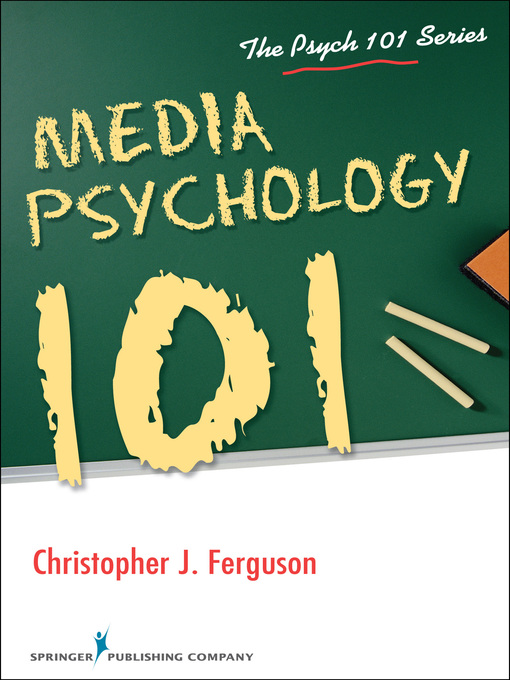Provides an interdisciplinary overview and critical examination of how individuals are affected by mass media
There are few areas of modern social science that are as fiercely debated as media psychology. Written by one of the foremost experts on the topic, this is a concise overview of what is knownóand not knownóabout how individuals are affected by and interact with various forms of mass media. The book critically examines research from cognitive, social, developmental, biological, and evolutionary approaches to psychology and addresses the interplay between media consumption and viewer behavior in such realms as advertising, body image, sex, and violence. Distinguished by its examination of research from a scientifically objective position, the book offers students not only current knowledge of media psychology but also the tools to challenge commonly held assumptions from popular advocacy and ideology.
This text cuts across different psychological approaches to studying how individuals are affected by mass media and includes research from criminal justice and sociology. It considers critical debates in media psychology and how debates in science themselves can be influenced by processes such as ìmoral panic.î Written in a lively, accessible manner, the book draws upon engaging examples such as Photoshopped model controversies, dubious advertising practices, and attempts to blame violent crimes on media to illustrate scholarly principles. Throughout, data from research studies is related back toreal-world phenomena such as violence rates, advertising dollars spent, or changes in the news media. Written for upper level undergraduate and graduate students studying media psychology, the text will also be of value to professionals in psychology, sociology and criminal justice as well as individuals involved in public policy as it relates to media effects.
Key Features:
About the Author
Christopher J. Ferguson, Ph.D. is a clinical psychologist and department chair of psychology at Stetson University in DeLand, FL. He has done extensive research on the effects of media in realms ranging from video game and television violence effects, to body image to advertising effects. He has also examined how methodological issues, researcher expectancies and questionable researcher practices, and societal pressures and incentives can create false positives in media psychology. Clinically, he has done extensive work with criminal justice populations including juvenile offenders, adult inmates and child protective services.
Aside from his academic work, Chris is the author of a mystery novel, Suicide Kings, which follows a young woman in Renaissance Florence investigating her motherís death. He has also published a number of short stories, mainly in speculative fiction. He lives near Orlando with his wife and young son.

